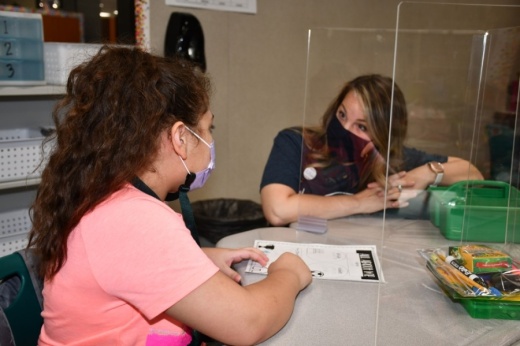Officials announced Oct. 1 a six-week extension to the minimum funding guarantee established due to the COVID-19 pandemic to ensure flexibility and financial security for school districts, according to a press release. Remote instruction will also be fully funded for those who wish to learn from home as previously announced by TEA officials.
“Given the uncertain nature of this public health crisis, we are giving as much support and flexibility as possible to school districts to ensure that we are balancing the need for student learning with our desire to help all our state’s students, teachers, staff, and families remain healthy and safe,” Education Commissioner Mike Morath said in a statement.
Statewide, school districts have generally seen a slight decline in enrollment in 2020-21 due to the pandemic, and officials said the extension allows time for enrollment to become more stable. Districts taking advantage of this extension must identify and locate students who are not currently participating in either in-person or virtual instruction.
Funding adjustments for the second semester will be based on data gathered through January, according to a press release.
Officials with the Association of Texas Professional Educators said they were grateful for this extension in guaranteed funding but do not believe funding should necessarily be tied to being open for in-person learning because different regions of the state have been affected by COVID-19 at different rates.
“It’s obvious that all educators have a desire to get back into the classrooms and resume normal instruction as soon as health and safety permit,” ATPE Senior Lobbyist Monty Exter said in an Oct. 1 statement. “But that’s contingent on a number of factors unique to each region. Pressure of any sort from TEA and the state is not necessary or helpful and serves only to potentially heighten the risk to local populations.”





